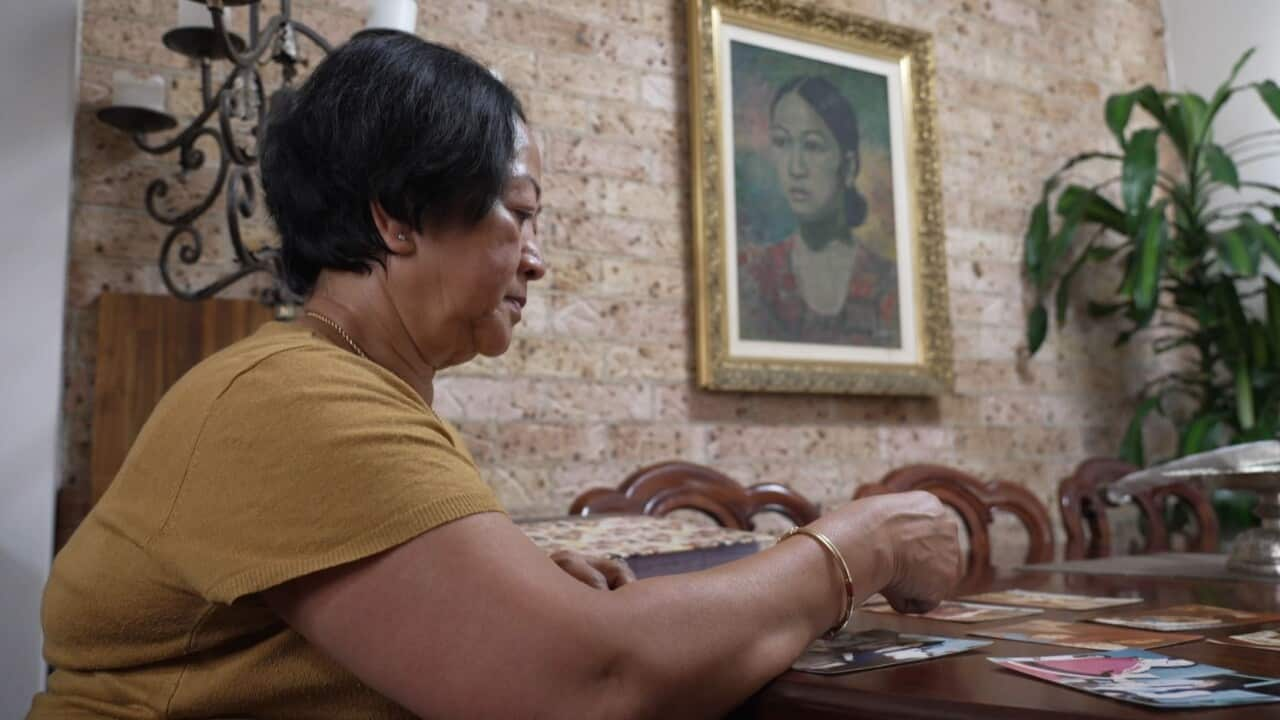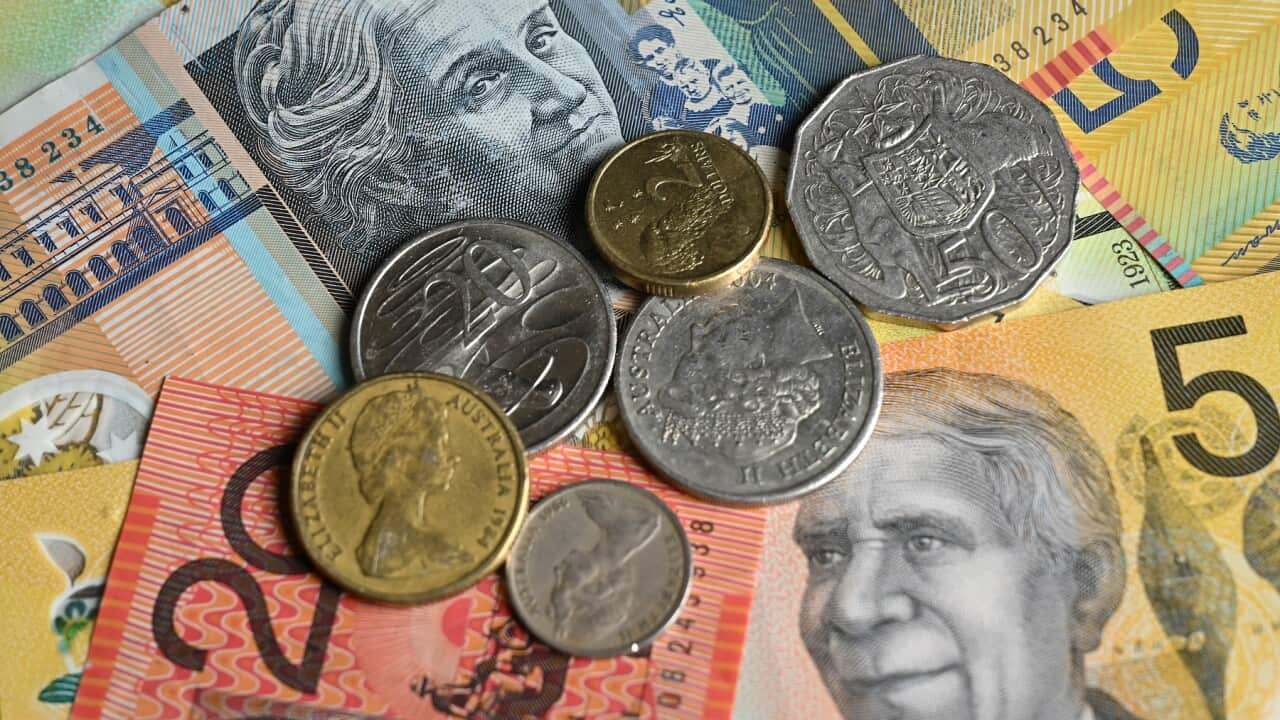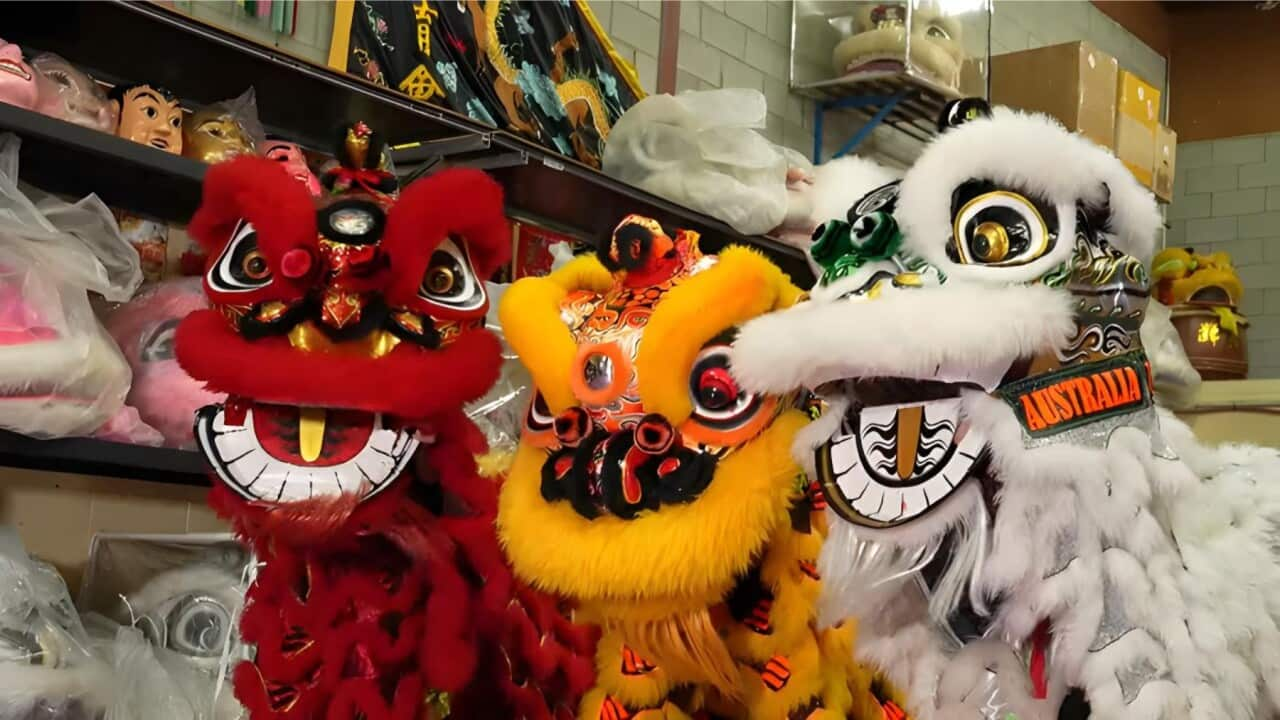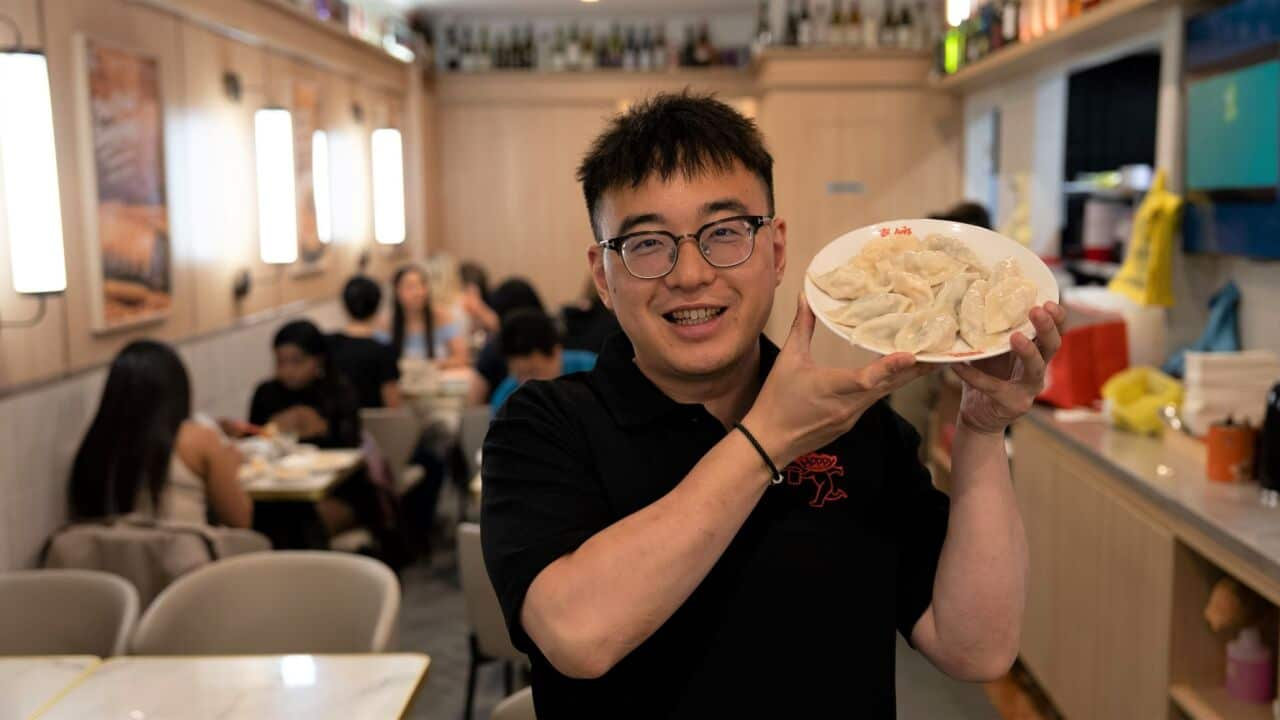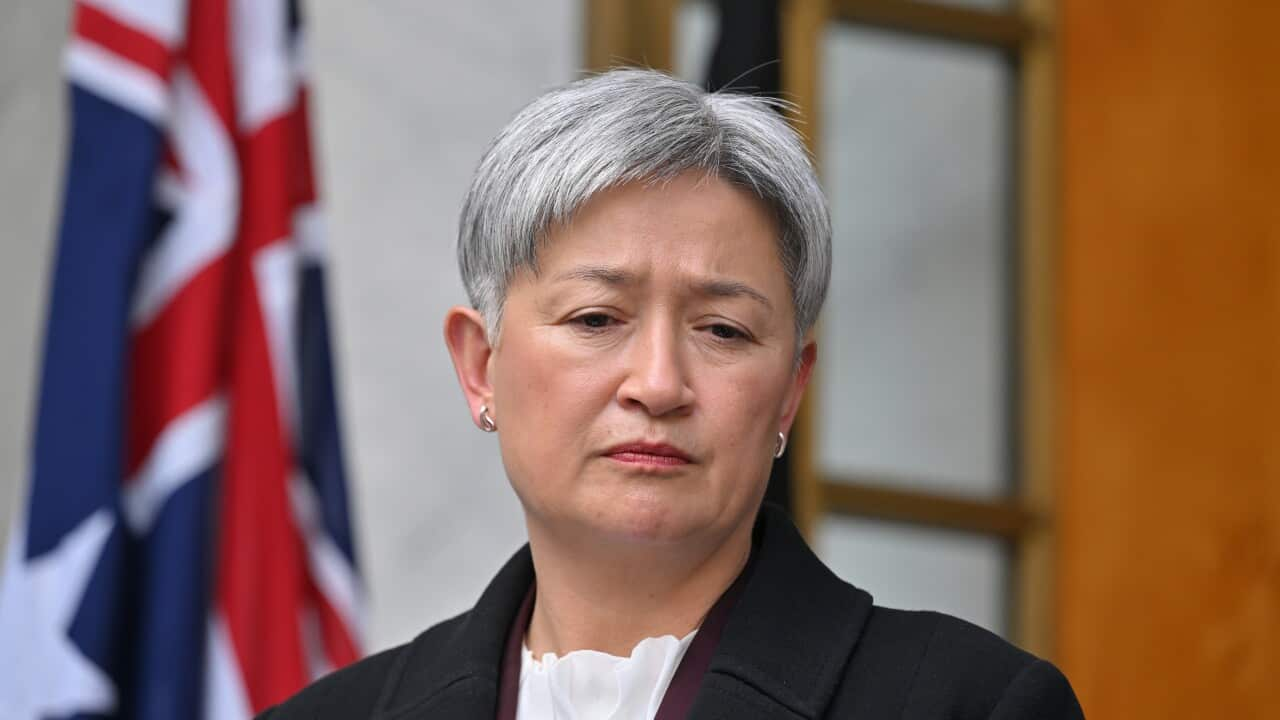Listen to Australian and world news, and follow trending topics with SBS News Podcasts.
TRANSCRIPT
Illustrating the struggle of life after the Khmer Rouge seized power in Cambodia, drawings by Phiny Ung's late husband Bun Heang are a capsule of memories.
Under its leader, Pol Pot, more than two million Cambodians are estimated to have been killed as the regime tried to create a so-called “classless” society.
"That was the time when everybody in the city had to be evacuated. There's no comfort in the loss, but the one thing that can ease me a little bit is that I'm not the only one."
Forced to flee Cambodia, Phiny arrived in Australia with her husband and young daughter in 1980.
"When I arrived, I just felt safe and free, those are those two words that I can come up with, I don't feel under threat with anything at all, at least I am human, I am treated as human."
For Seda Douglas and her mother, Touch Liv, the memories of what happened in Phnom Penh in 1975 are still raw.
This is Touch Liv.
"When my five children died. I did not even see their faces for the last time. I was in the forest - doing farming in Boeung Sdor, in the bushes. I did not see my husband. I did not see my children."
Seda arrived in Australia in 1983 with her mother and her surviving brother.
She lost five siblings and her father during the Pol Pot regime.
"I don't normally celebrate my birthday but I celebrate the day that I arrived in Australia because I was given an opportunity to restart my life and I did it well."
To assist the growing Cambodian community, the SBS Khmer program first started broadcasting in 1979 - and continues to serve as a vital source of information.
Seda went on to work with SBS Khmer in the 1980s.
"Mainly we were concerned about what's going on in Cambodia because we left the country by force not by choice."
For Phiny, the anniversary is painful but this portrait, painted by her late-husband while the pair were still in Cambodia holds a special memory.
"He just found it in the sea of rubbish, three or four different colours that he can mix and match, I sat for him a few hours a day. It's so much of a souvenir."
A symbol of enduring love and overcoming hardship.
